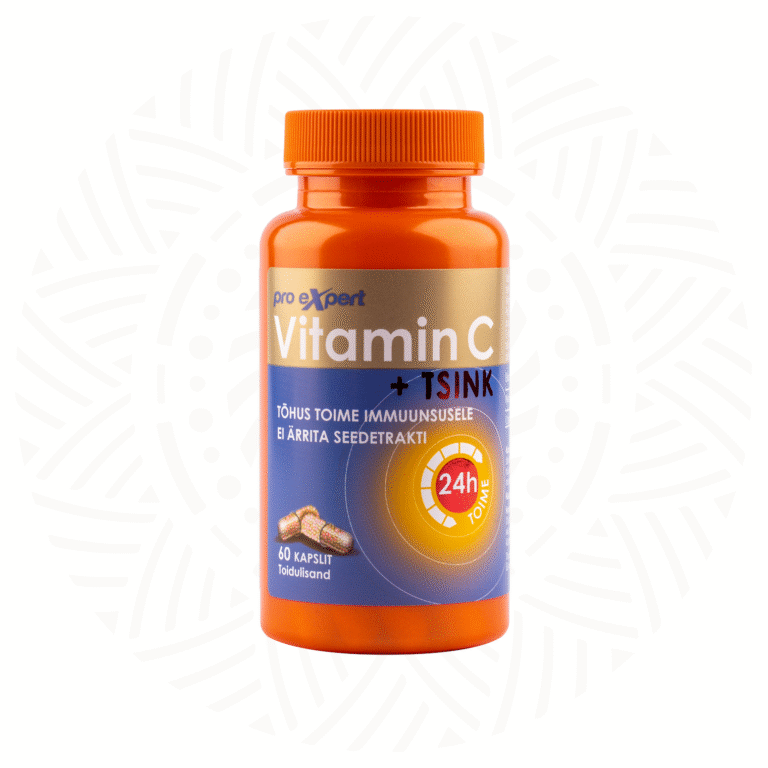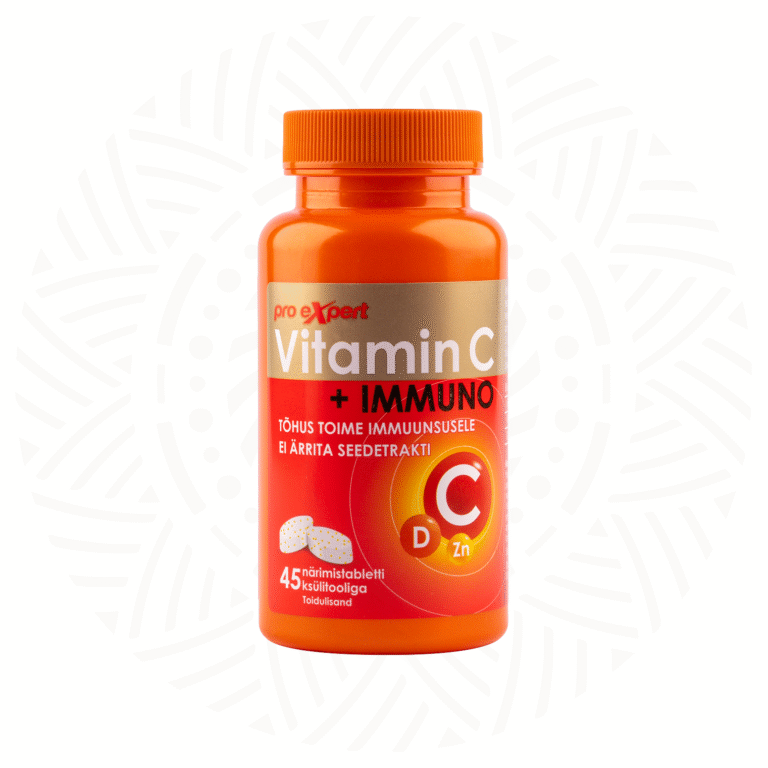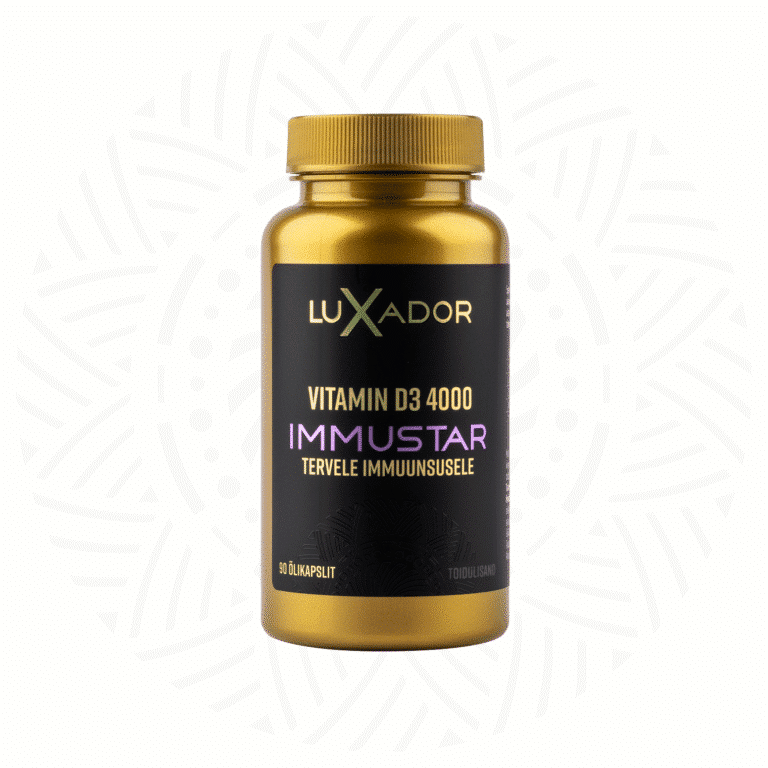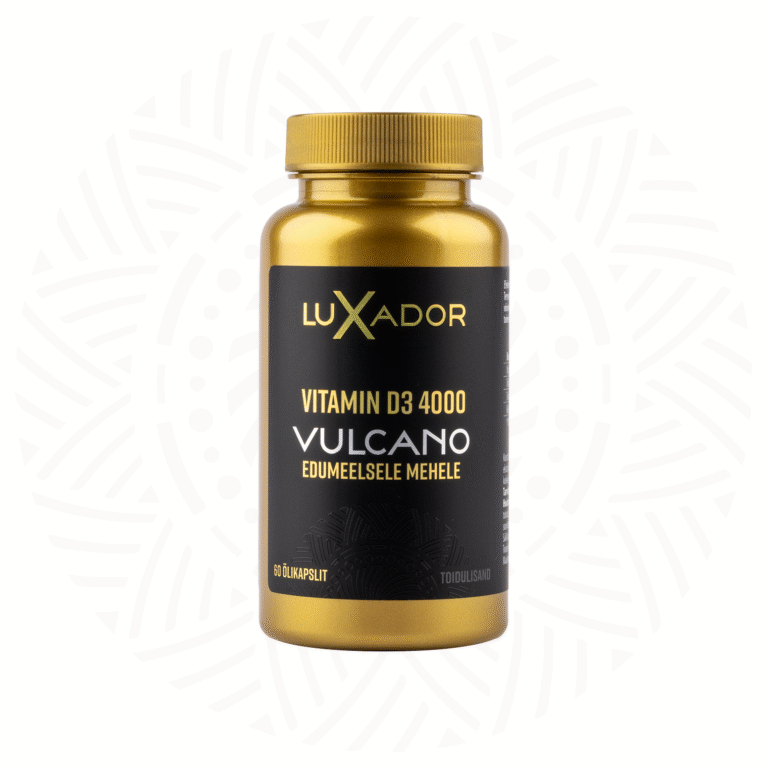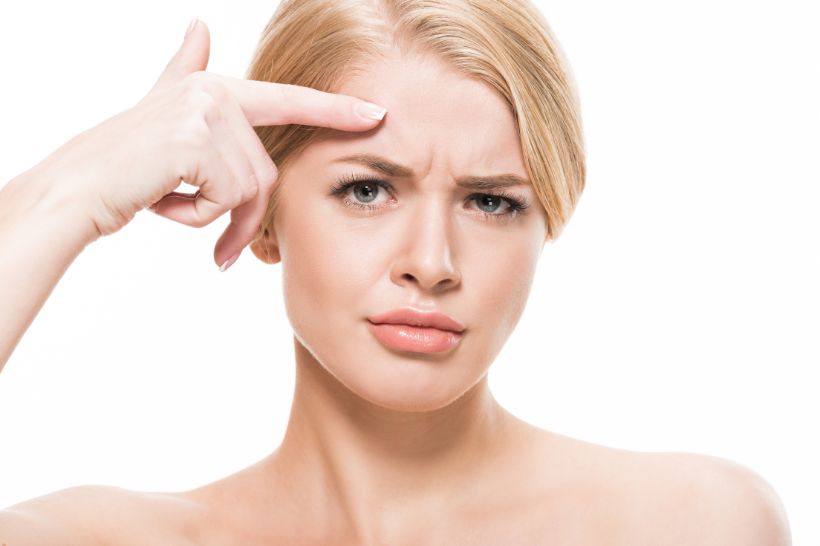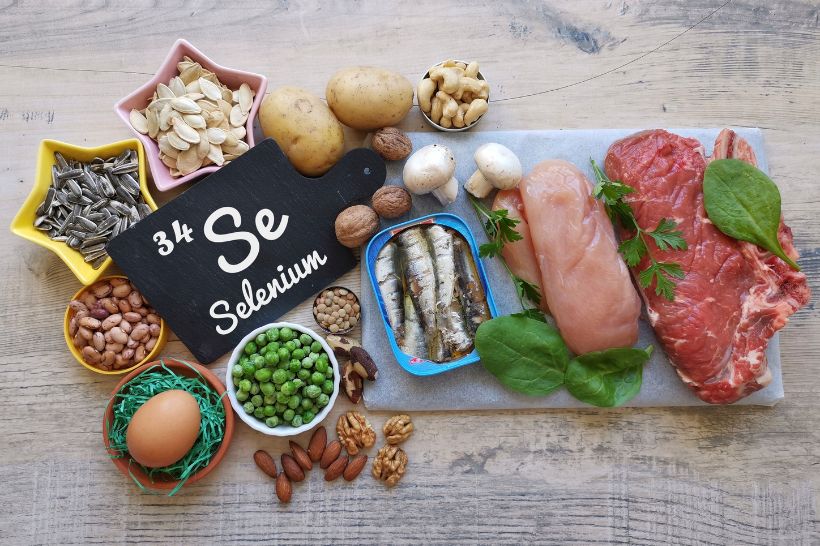Zinc is an extremely important mineral for the body, involved in the development, growth, and reproduction of cells. The human body contains about 2-3 grams of zinc. This small amount in the body is responsible for your good health and appearance on a daily basis.
The human body cannot produce or store zinc naturally, so it must be regularly obtained through food or supplements.
Who is at risk of zinc deficiency?
Zinc deficiency in the body is primarily caused by poor nutrition – excessive consumption of plant-based foods, salt, and sugar. Several chronic diseases and regular medication usage can also cause zinc deficiency. The need for zinc increases significantly during growth, physical exertion, pregnancy, and breastfeeding because tissue renewal is active during these periods.
What are the symptoms of zinc deficiency?
Zinc deficiency can manifest in the body through various signs and symptoms, ranging from mild to severe cases.
The symptoms of zinc deficiency are most rapidly expressed in the deterioration of skin, hair, and nail health. Also, a weak immune system, nausea, and depression. That’s why it’s essential to recognize the signs of zinc deficiency and respond immediately. Know that prolonged zinc deficiency can rob you of both good health and appearance.
Zinc strengthens the immune system
Due to zinc deficiency, you become significantly more susceptible to illnesses, and recovery takes longer. Zinc is recommended as soon as you feel like you’re getting sick – sore throat and runny nose. Zinc immediately supports the mucous membranes and helps effectively fight viruses.
Studies confirm that with zinc intake, the duration of viral illnesses is shortened. If you take zinc for at least 5 months, the risk of contracting viral diseases decreases significantly.
Zinc accelerates wound healing
Slow healing of cuts and wounds is a sign of zinc deficiency. Zinc has anti-inflammatory properties and helps wounds heal more quickly. Therefore, regular zinc intake is important for diabetics, as their wounds take much longer to heal.
Zinc is essential for healthy hair, nails, and radiant skin
Beautiful, radiant skin, healthy hair, and strong nails are important for every woman, but poor condition of these can indicate zinc deficiency in the body. Zinc helps build the proteins that make up hair. It also has a positive effect on the scalp, helping to prevent hair loss and dandruff formation. Zinc deficiency also shows up as white spots on nails and dry, rough skin.
Zinc helps maintain eye health
Did you know that through our eyes, we receive about 90% of the information from our environment? That’s why taking care of eye health is especially important throughout life.
Zinc is essential for good eye health because it helps Vitamin A to be absorbed and produce the pigment melanin. Melanin protects the eyes from ultraviolet radiation. Additionally, zinc is found in the retina, which improves night vision and prevents macular degeneration. Therefore, zinc plays a crucial role in visual acuity.
Zinc is necessary for normal taste and smell
Did you know that humans can distinguish 4 basic tastes (salty, sweet, sour, and bitter) and nearly 10,000 different smells? Zinc deficiency reduces the function of taste receptors, which results in a person being unable to distinguish food by taste and smell.
The elderly are also at risk of zinc deficiency, and for this reason, they may not perceive tastes and smells as well. This, in turn, leads to the situation where they may start consuming more sugar and salt.
Zinc improves concentration
Do you feel tired and find it hard to focus lately? Zinc is an essential micronutrient for brain health because it helps improve brain cell function. With zinc deficiency, memory fails and concentration difficulties arise. That’s why zinc is recommended for students, university students, and adults who engage in mental work daily.
How is zinc deficiency treated?
Zinc deficiency is quite common nowadays because zinc-containing foods are not consumed in adequate amounts. Good sources of zinc include oysters, red meat, whole grains, legumes, liver, seeds, and sprouts.
Know that if you experience even one of the above-mentioned symptoms of zinc deficiency, simply adjusting your diet may not solve the situation. Zinc deficiency can be effectively and easily corrected with zinc-containing supplements.
Be your own health guide!
